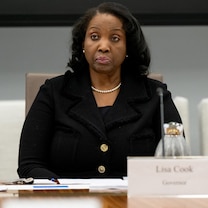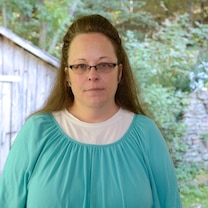Trump's met with Putin and Zelenskyy. What's next for Russia-Ukraine peace talks?

As the dust settles from President Donald Trump's recent rapid-fire diplomacy on the Russia-Ukraine war, attention turns to what's next in peace negotiations.
Trump sounded positive on Monday as he met with Ukrainian President Volodymyr Zelenskyy and European leaders at the White House, just two days after his summit with Russia's Vladimir Putin in Alaska.
"I think President Putin will make peace. I think President Zelensky will make peace. We'll see if they can get along," Trump said.
The president committed to helping European partners provide security guarantees for Ukraine, and said he was beginning to arrange a bilateral meeting between Zelenskyy and Putin.
But Russia has poured cold water on some of those highlights. Moscow has not confirmed that Putin will sit down with Zelenskyy and is demanding to be a part of any discussion on security guarantees.
Here are some key questions moving forward.
Will there actually be a Putin-Zelenskyy summit, or a trilateral meeting?President Trump first pushed for a trilateral meeting between Putin, Zelenskyy and himself before shifting to proposing a bilateral meeting between Zelenskyy and Putin.
When asked about the change on Tuesday, White House press secretary Karoline Leavitt told ABC News Senior Political Correspondent Rachel Scott that a meeting between Zelenskyy and Putin would need to happen ahead of any possible trilateral meeting because of "areas of disagreement" between the two countries.
Leavitt also said that Putin "promised" to meet with Zelenskyy in the coming weeks but the Kremlin hasn't confirmed that.
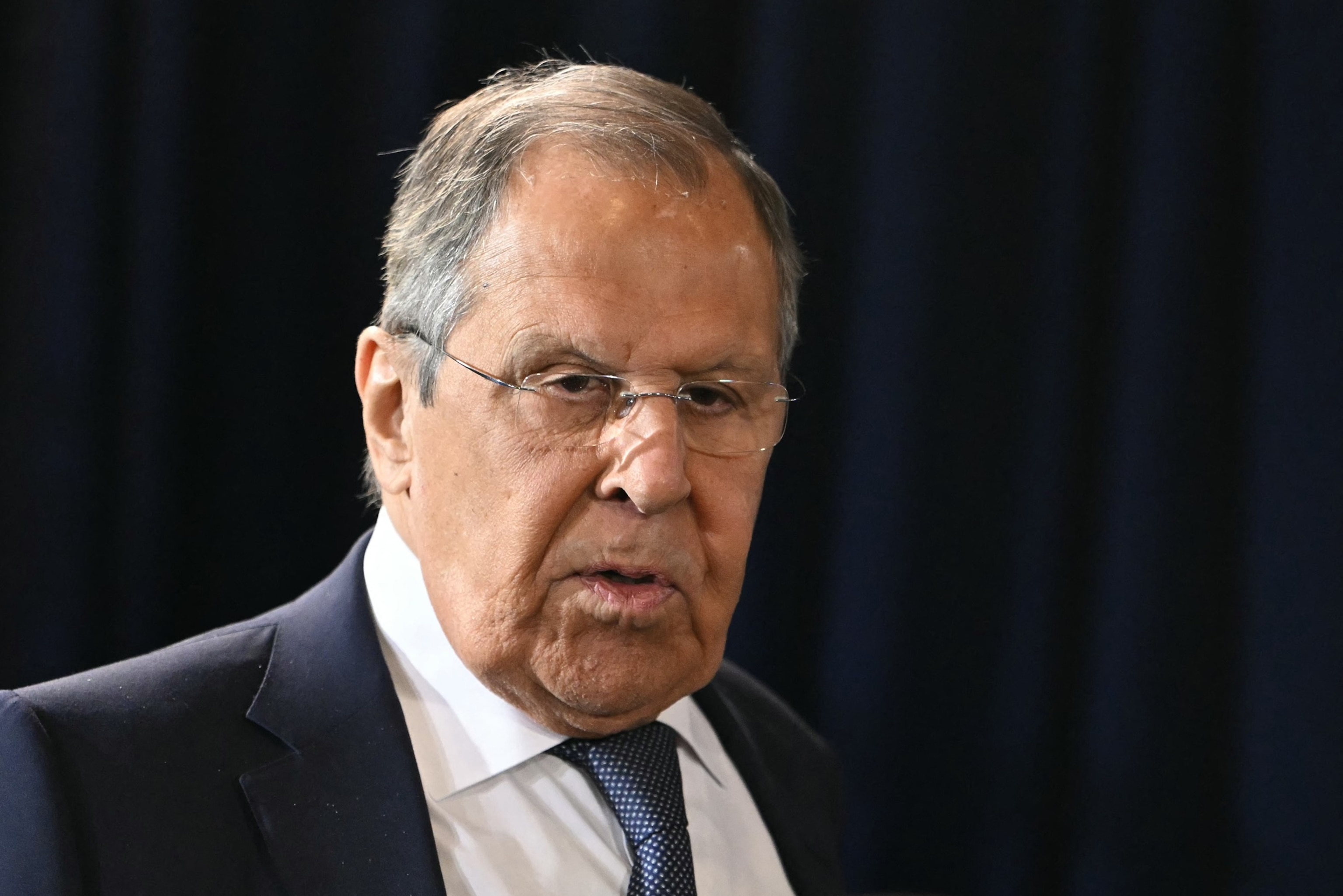
Russia's Foreign Minister Sergey Lavrov, instead, has seemed to only downplay prospects of a summit between the two leaders in the near future.
"We are ready for any format," Lavrov said at a news conference in Moscow on Wednesday. "But when it comes to high-level meetings, it is necessary to prepare them in the most thorough way at all previous stages, so that the summits do not lead to a worsening of the situation, but rather mark the end of the negotiations that we are ready to continue."
According to Lavrov, Putin "proposed that negotiations [with Ukraine] not just be continued but also a higher level of delegations be considered" in a phone call with Trump.
The White House was asked on Tuesday where a possible meeting between Putin and Zelenskyy would take place, and specifically whether Budapest, Hungary, was an option as has been reported. Leavitt said they would "provide details as soon as we can."
As for a trilateral meeting, Leavitt said it would happen "if necessary" following direct talks between Putin and Zelenskyy.
Trump, during an interview on "Fox & Friends" on Tuesday left open the possibility that Putin may not want to make a deal.
"I think Putin is tired of it. I think they're all tired of it. But you never know," Trump said. "We're going to find out about President Putin in the next couple of weeks. That I can tell you."
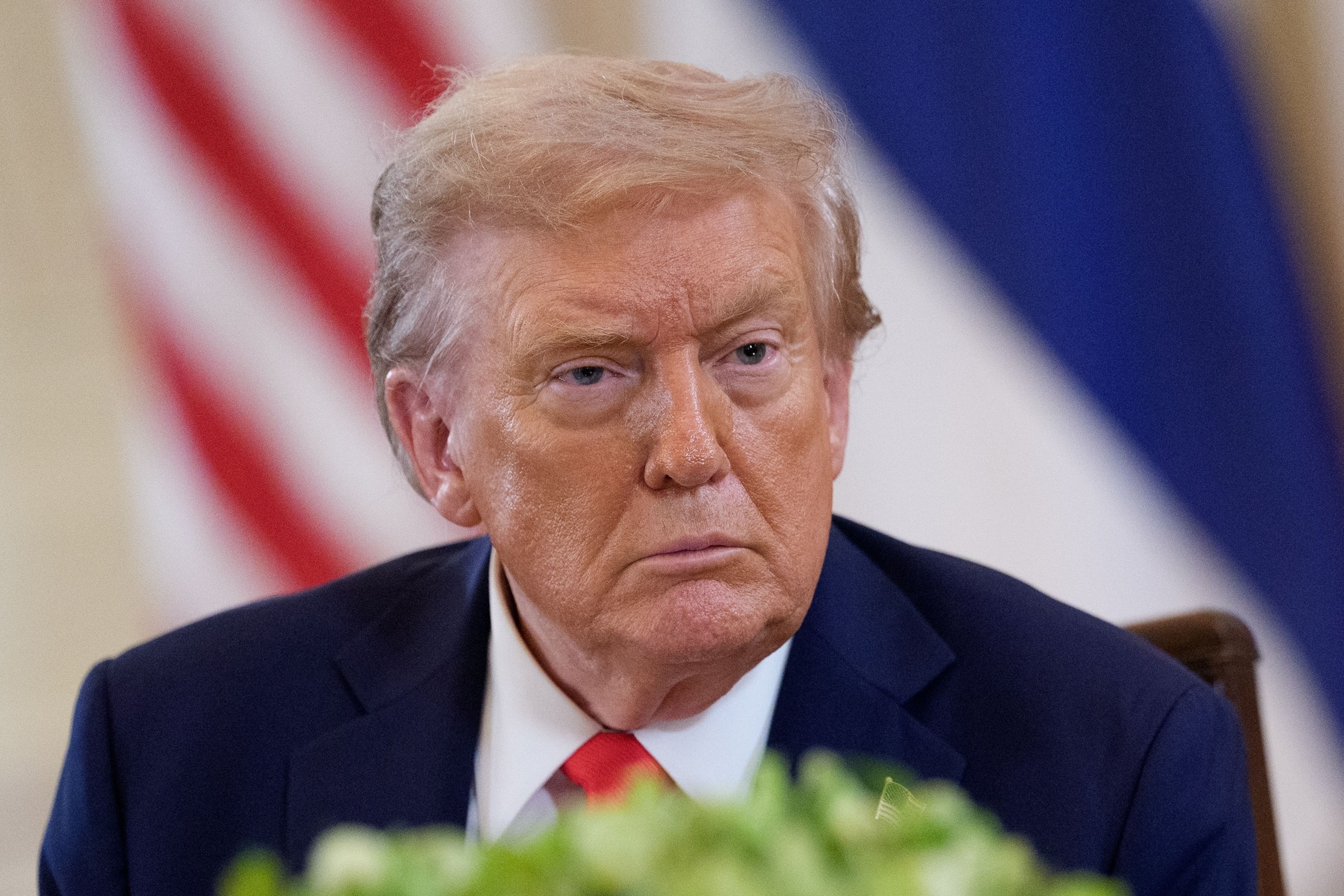
President Trump on Monday pledged "very good protection" for Ukraine, and said that Putin said Russia would accept security guarantees for Ukraine -- a key demand of Zelenskyy's in any peace agreement.
European leaders at the White House on Monday pressed for protections similar to Article 5 mutual defense obligations under NATO. Ukraine has pushed to become a member of the alliance, which Russia and Trump have rejected.
Since Monday, Trump has ruled out U.S. boots on the ground in Ukraine in a peacekeeping role. Instead, he's floated the possibility of U.S. air support for Kyiv and helping Europe coordinate security guarantees.
According to the White House, Trump has instructed his national security team team to come up with a "framework for these security guarantees that can be acceptable to help ensure a lasting peace and end this war."
NATO defense officials, including U.S. military officials, held a virtual meeting on Wednesday to discuss security guarantees for Ukraine.
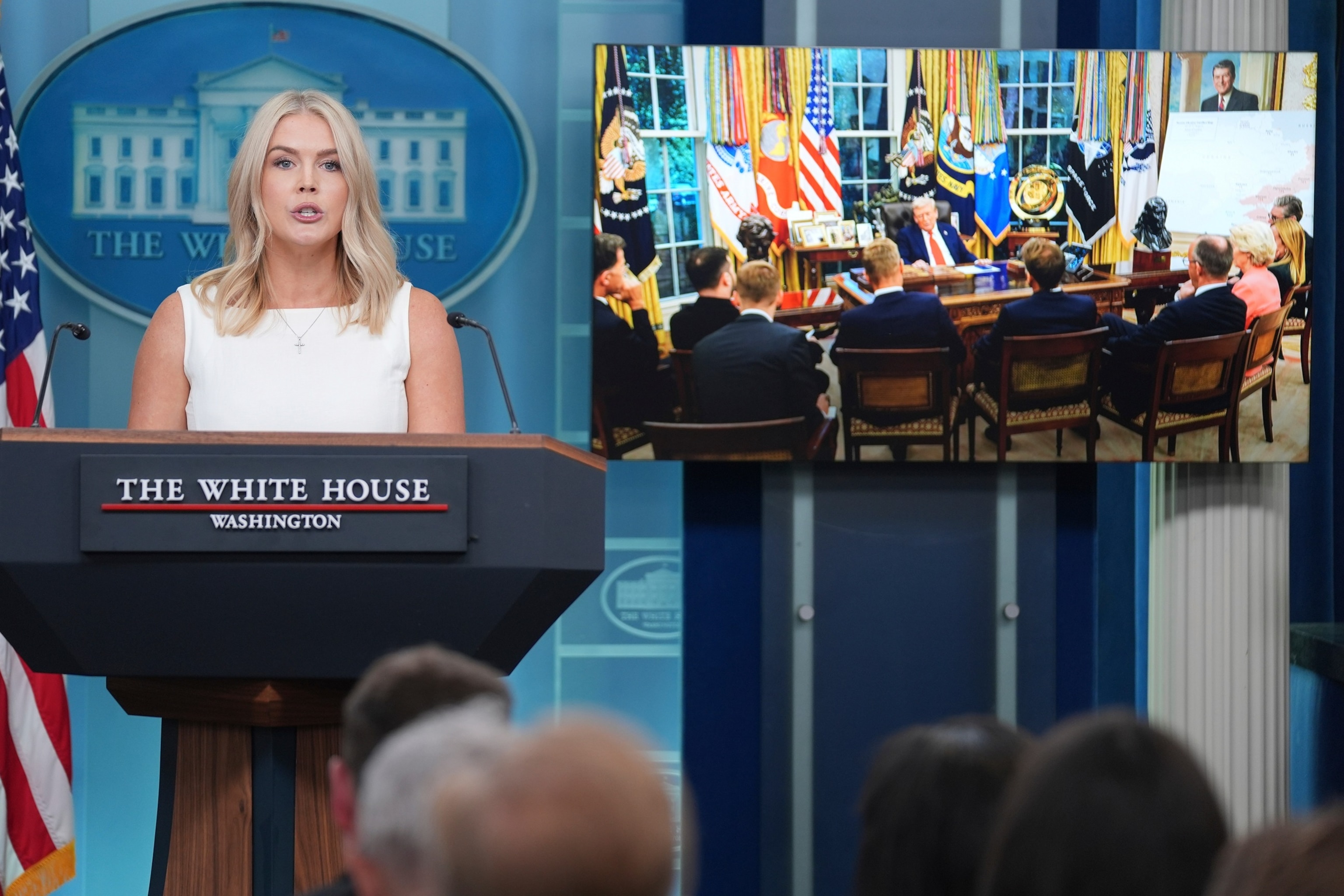
Russia, meanwhile, said any talks without them are on a "road to nowhere."
"We cannot accept the proposal to address security and collective security issues without Russia's involvement. This will not work. We have repeatedly explained that Russia does not exaggerate its interests, but we will firmly and decisively protect our legitimate interests," Lavrov said.
Russia said it "has not heard any constructive ideas from European leaders on how to resolve the situation in Ukraine in the context of their visit to Washington, and is witnessing an aggressive escalation of the situation."
Instead, Lavrov said on Wednesday Ukraine should pursue a route that includes all permanent members of the United Nations Security Council -- which includes the Russian Federation and China.
What about 'territory' sticking points?President Trump, as he gathered with Zelenskyy and European leaders at the White House, said they needed to "discuss the possible exchanges of territory taking into consideration the current line of contact."
Trump has talked about land "swapping" but it's unclear what Russia would offer Ukraine in return to keeping some of the Ukrainian territory its gained since its invasion. Since February 2022, Russia has gained about 20% of Ukraine's land.
But NATO Secretary-General Mark Rutte said territory swaps weren't discussed during Monday's session.
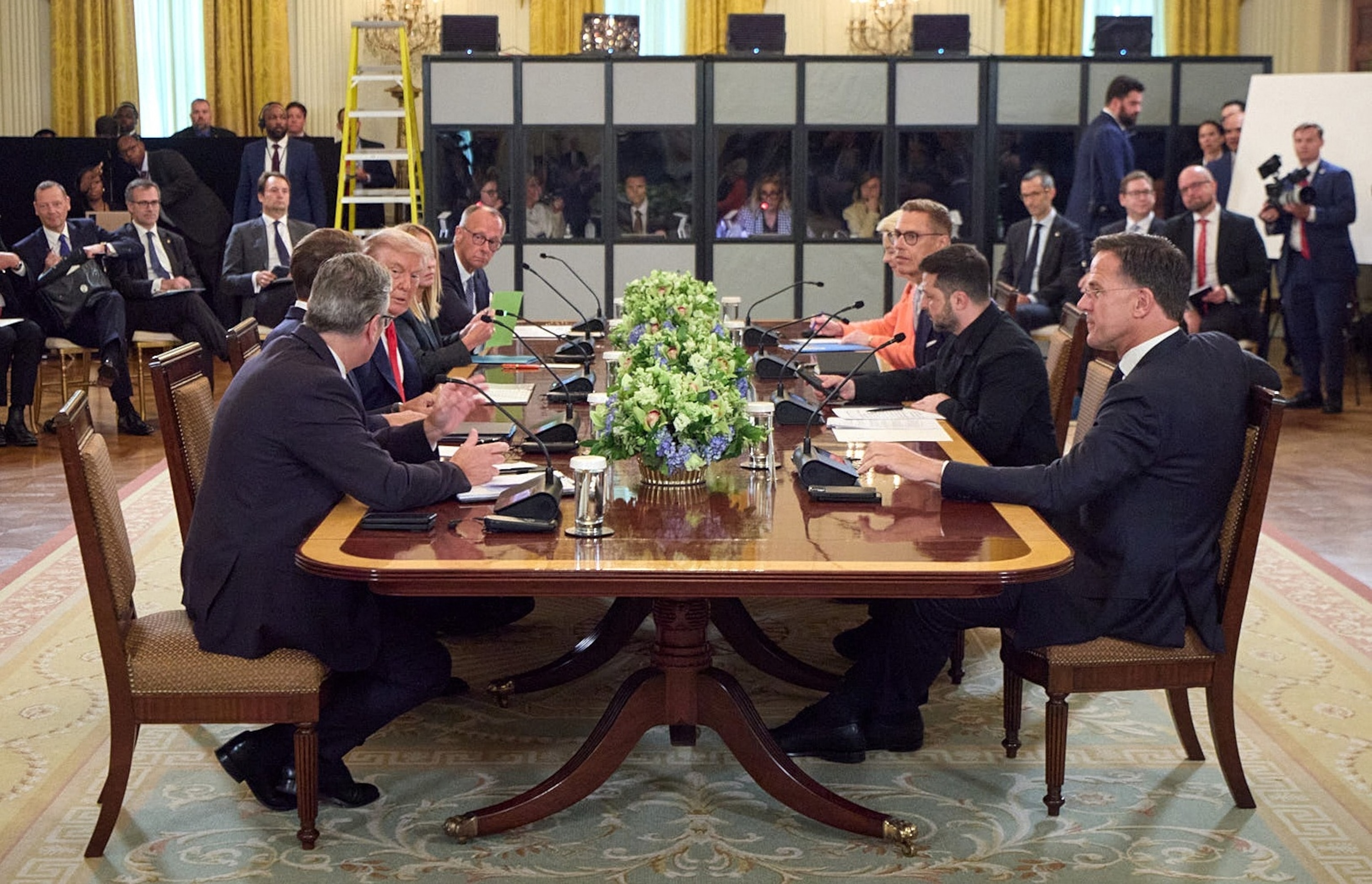
"We have not discussed that today, because everybody is clear, including the president, that when it comes to territory, that is the Ukrainian president, who has discussed this in the trilateral and then probably more conversations after that, with the Russian leadership," Rutte said.
Moscow has set its sights on the Donbas region, including Donetsk -- which is said to be rich in mineral resources and serves as the industrial heart of Ukraine.
Zelenskyy has long opposed surrendering sovereign territory to Russia, saying the nation's constitution forbids it. Zelenskyy said Ukraine must be the decision-maker regarding its territory.
ABC News

